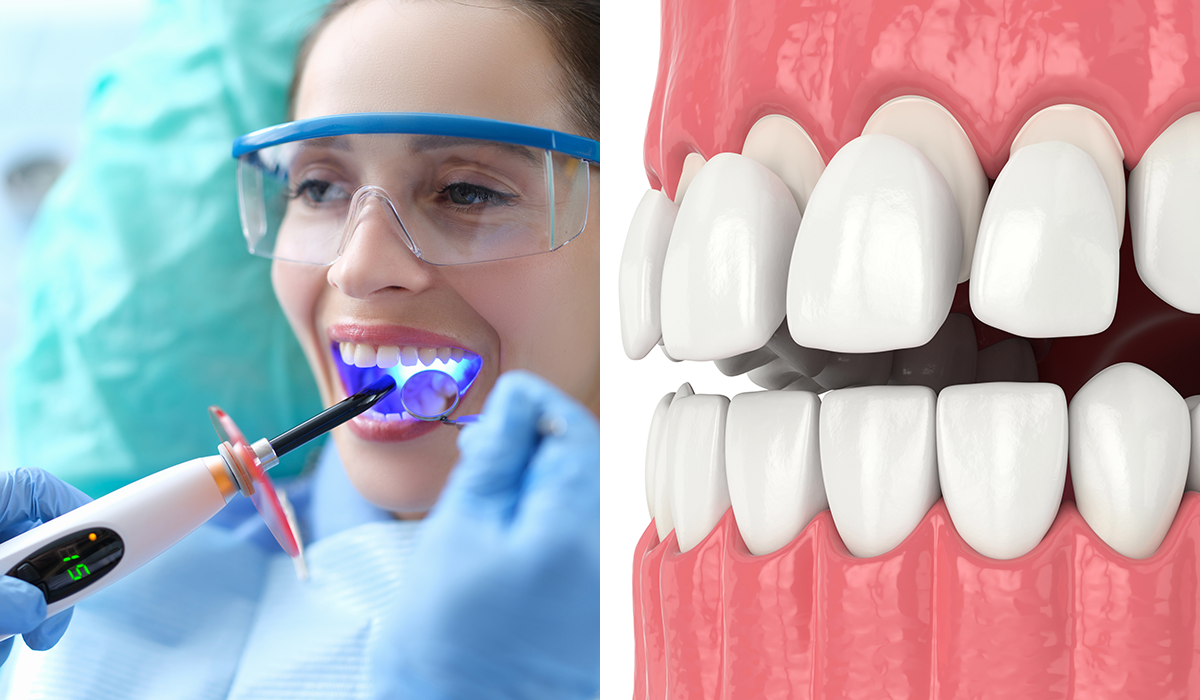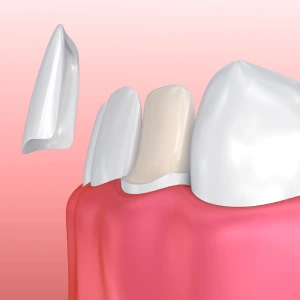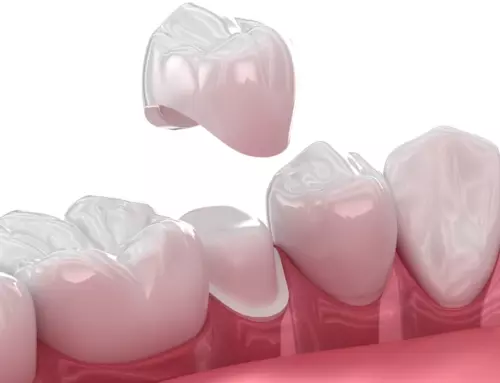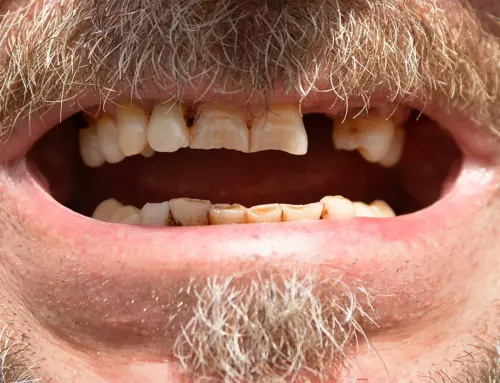“Dental Bonding vs Veneers” is a decision that many individuals contemplating cosmetic dentistry face. Whether you’re seeking to enhance your smile or address dental imperfections, understanding the differences between dental bonding and veneers is crucial. Both procedures offer unique benefits and drawbacks that can influence your choice.
In this comprehensive guide, we’ll delve into the intricacies of dental bonding and veneers, exploring their respective advantages and limitations. By gaining insight into these popular cosmetic dentistry options, you’ll be better equipped to make an informed decision tailored to your dental needs and preferences.
What is Tooth Bonding?
Tooth bonding involves a procedure where a dentist applies and hardens a composite resin material to the damaged area of the teeth. Through this process, the tooth ‘binds’ and returns to its natural position.
Dental bonding becomes necessary for various reasons beyond chips or cracks:
- Deeply discolored teeth resistant to regular brushing.
- Development of gaps between teeth.
- Desire to lengthen teeth that appear too short.
- Concealing exposed areas of the tooth root due to gum disease.
Tooth Bonding Treatment
The treatment begins with a discussion between you and the dentist about selecting a composite resin color that matches with your natural teeth. This bonding process, often referred to as a shade guide, ensures a seamless match with your existing teeth.
Next, the dentist prepares the tooth’s surface by applying a liquid to enhance the adhesion of the bonding agent. The dentist applies and shapes the composite resin onto the tooth, then hardens it using ultraviolet light.
After the resin has become hard, the dentist polishes and buffs the tooth to achieve a smooth finish. Typically, tooth bonding treatments last between 30 to 60 minutes, providing a quick and effective solution.
What are Dental Veneers, and How Does It Work?
Dental veneers come in two common materials: porcelain and composite.
Porcelain veneers are thin shells made up of tooth-colored porcelain that are bonded to the front surface of your teeth to match your smile’s color and tone. The dentist removes a small amount of enamel to attach the veneer to the natural tooth. Porcelain veneers are durable, resistant to stains, and enhance your smile’s appearance while safeguarding your natural teeth from damage.
Composite veneers, made of a resin material, are applied directly to your teeth without enamel removal, offering a more economical option. These veneers conceal minor flaws like cracks and chips, though they do not cover all teeth.
What are the pros and cons of Dental Bonding vs Veneers?
The Pros of Dental Bonding vs Veneers are:
| Dental Bonding | Veneers |
| Generally more affordable, starting at around $250 per tooth. | More expensive, starting at $1300 for porcelain and $500 for composite veneers. |
| – Provides quicker results, often completed in one visit. | – Requires multiple appointments, especially for porcelain veneers. |
| – More prone to staining compared to veneers. | – Long-lasting and stain-resistant. |
| – May require replacements if damaged, shorter lifespan. | – Can also require replacements if damaged, but generally more durable. |
| – Less natural-looking compared to veneers. | – More translucent and natural-looking. |
| – Less likely to perfectly match natural teeth. | – Custom-fabricated to closely match natural teeth. |
The Cons of Dental Bonding VS Veneers are:
| Dental Bonding | Veneers |
| Generally more affordable, starting at around $250 per tooth. | More expensive, starting at $1300 for porcelain and $500 for composite veneers. |
| – Provides quicker results, often completed in one visit. | – Requires multiple appointments, especially for porcelain veneers. |
| – More prone to staining compared to veneers. | – Long-lasting and stain-resistant. |
| – May require replacements if damaged, shorter lifespan. | – Can also require replacements if damaged, but generally more durable. |
| – Less natural-looking compared to veneers. | – More translucent and natural-looking. |
| – Less likely to perfectly match natural teeth. | – Custom-fabricated to closely match natural teeth. |
Dental Bonding Vs Veneers – What Should I Choose?
When considering whether to choose teeth bonding or veneers, it’s important to evaluate several factors to decide the best option for your dental needs:
The extent of Treatment Needed:
Assess the severity of your dental issues. Teeth bonding works well for minor chips or cracks, while veneers are more suitable for addressing severe chips, cracks, or alignment problems.
Procedure Complexity:
Teeth bonding is a simpler procedure that dentists can often complete in a single visit. Veneers, however, require multiple appointments for preparation and placement.
Longevity and Durability:
Consider the long-term durability of each option. Veneers tend to be more stain-resistant and durable compared to bonding.
Aesthetic Goals:
Define your aesthetic goals and desired outcomes for your smile. Veneers offer a more comprehensive transformation, while bonding provides a more subtle enhancement.
Consultation with Your Dentist:
Collaborate with your dentist to discuss your concerns, goals, and budget. The dentist can assess your oral health, discuss treatment options, and help you decide based on your unique needs.
By taking these factors into account and talking with your dentist, you can select the most suitable treatment option to attain the smile you want.
Schedule an appointment with Delight Dental Smiles, Coral Springs, FL
The choice for Dental Bonding vs Veneers depends on individual needs, preferences, and budget constraints. Teeth bonding offers a more affordable and quicker solution for minor dental imperfections, while veneers provide a comprehensive transformation for more extensive issues. It is essential to consult with a qualified dentist to achieve your desired smile makeover.
Ready to transform your smile? Schedule a consultation with Delight Dental Smiles in Coral Springs, FL, to explore your options between dental bonding and veneers. Book an appointment online or call us at (954) 406-6942 today!
FAQ
What are dental bonding Vs veneers?
Dental bonding involves applying a tooth-colored resin to repair minor chips or cracks, while veneers are thin porcelain shells bonded to the front of teeth for a more comprehensive smile makeover.
How do I know which option is right for me?
Consider factors such as the extent of treatment needed, procedure complexity, longevity, and aesthetic goals. Consulting with a dentist can help you make an informed decision.
Are dental bonding and veneers permanent?
Both options can provide long-lasting results but may require maintenance or replacement over time. Your dentist can guide proper care and maintenance for optimal results.







